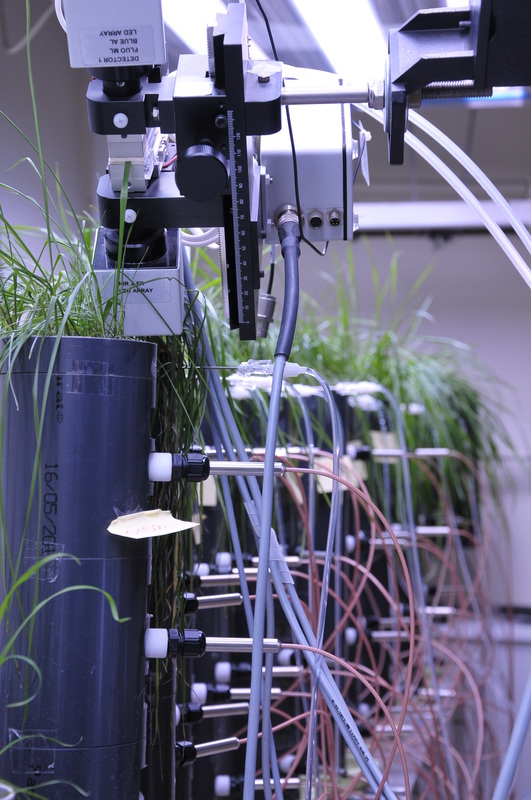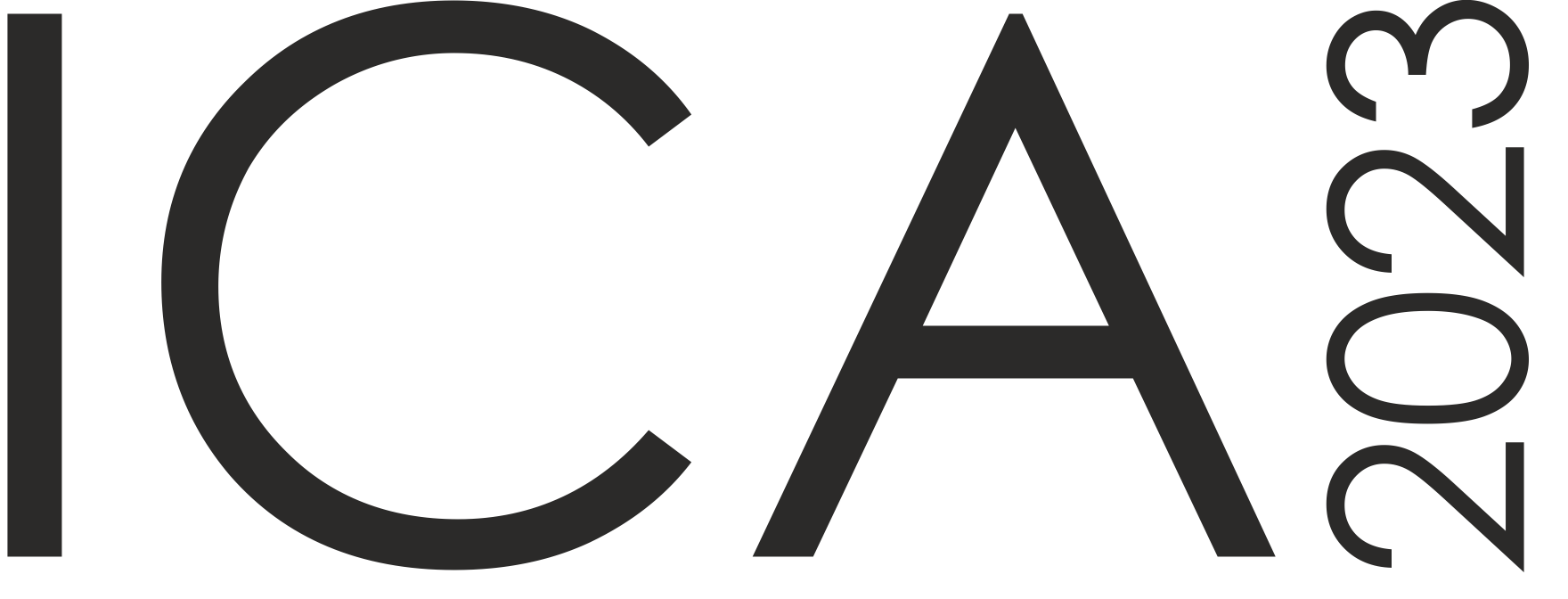Metrology and Modelling of Agrophysical Processes Workshop
Agrophysical metrology and modelling are inseparable elements in understanding the processes occurring in the plant growth environment. Effective monitoring of the soil-plant-atmosphere system requires a multi-scale approach (from point-scale sensors, through field-scale monitoring systems, to large-scale satellite remote sensing), which includes various measurement techniques and methods of integrating data from various sources. This approach requires the harmonization of metrological measurements and the provision of verified data useful in plant production planning and climate change monitoring. The Department of Metrology and Modelling of Agrophysical Processes of the IA PAS, which is the organizer and host of this session, has been carrying out the studies related to broadly understood agrophysical metrology for many years. They include the creation of monitoring systems of soil, the boundary layer of the atmosphere and the plant cover. They are especially focused on the measurement and analysis of dielectric properties of soil and agricultural products and modelling the physico-chemical processes in the soil and crops related to changing climate conditions.
Main topics of the session:
- Development of methods for monitoring the plant growth environment, including:
– measurement of the soil water content, salinity, thermal and mechanical properties of the soil
– gas exchange between soil, plant and atmosphere
– physiological status of the plant cover (detection of the content of nutrients, diseases, abiotic stresses)
– innovative hardware and software solutions in monitoring of the agricultural environment and ecosystems, including the use of IoT technology - Electromagnetic metrology in agriculture and industry:
– methods and devices for measuring the complex permittivity and electrical conductivity of porous and heterogeneous materials, including soil, agricultural and food products,
– analysis and modelling of dielectric spectra of heterogeneous materials - Integration of terrestrial and satellite data in the spatial-temporal analysis of the diversity of agro-meteorological values in the conditions of climate change
- Analysis of long-range correlations in time series of agro-meteorological quantities
- Biophysical modelling in the prediction of plant production, gas exchange from agricultural ecosystems and the content of macroelements in the soil
- Integration of biophysical models with socio-economic models
 |
 |
 |
KEYNOTE SPEAKERS
- Prof. Jose Enrique Fernandez Luque – Irrigation and Crop Ecophysiology Group (REC group), Director of the Institute of Natural Resources and Agrobiology of Seville (IRNAS), Spain
- Prof. Scott B. Jones – Department of Plants, Soils and Climate, Utah State University, Logan, USA
SCIENTIFIC BOARD
- Prof. Jose Enrique Fernandez Luque – Irrigation and Crop Ecophysiology Group (REC group), Institute of Natural Resources and Agrobiology of Seville (IRNAS), Spain
- Prof. Scott B. Jones – Department of Plants, Soils and Climate, Utah State University, Logan, USA
ORGANISING COMMITTEE OF THE WORKSHOP
- Piotr Baranowski – Institute of Agrophysics, Polish Academy of Sciences, Lublin, Poland
- Cezary Sławiński – Institute of Agrophysics, Polish Academy of Sciences, Lublin, Poland
- Agnieszka Szypłowska – Institute of Agrophysics, Polish Academy of Sciences, Lublin, Poland
- Małgorzata Budzeń – Institute of Agrophysics, Polish Academy of Sciences, Lublin, Poland
- Anna Siedliska – Institute of Agrophysics, Polish Academy of Sciences, Lublin, Poland
- Marcin Kafarski – Institute of Agrophysics, Polish Academy of Sciences, Lublin, Poland
- Kamil Szewczak – Institute of Agrophysics, Polish Academy of Sciences, Lublin, Poland
